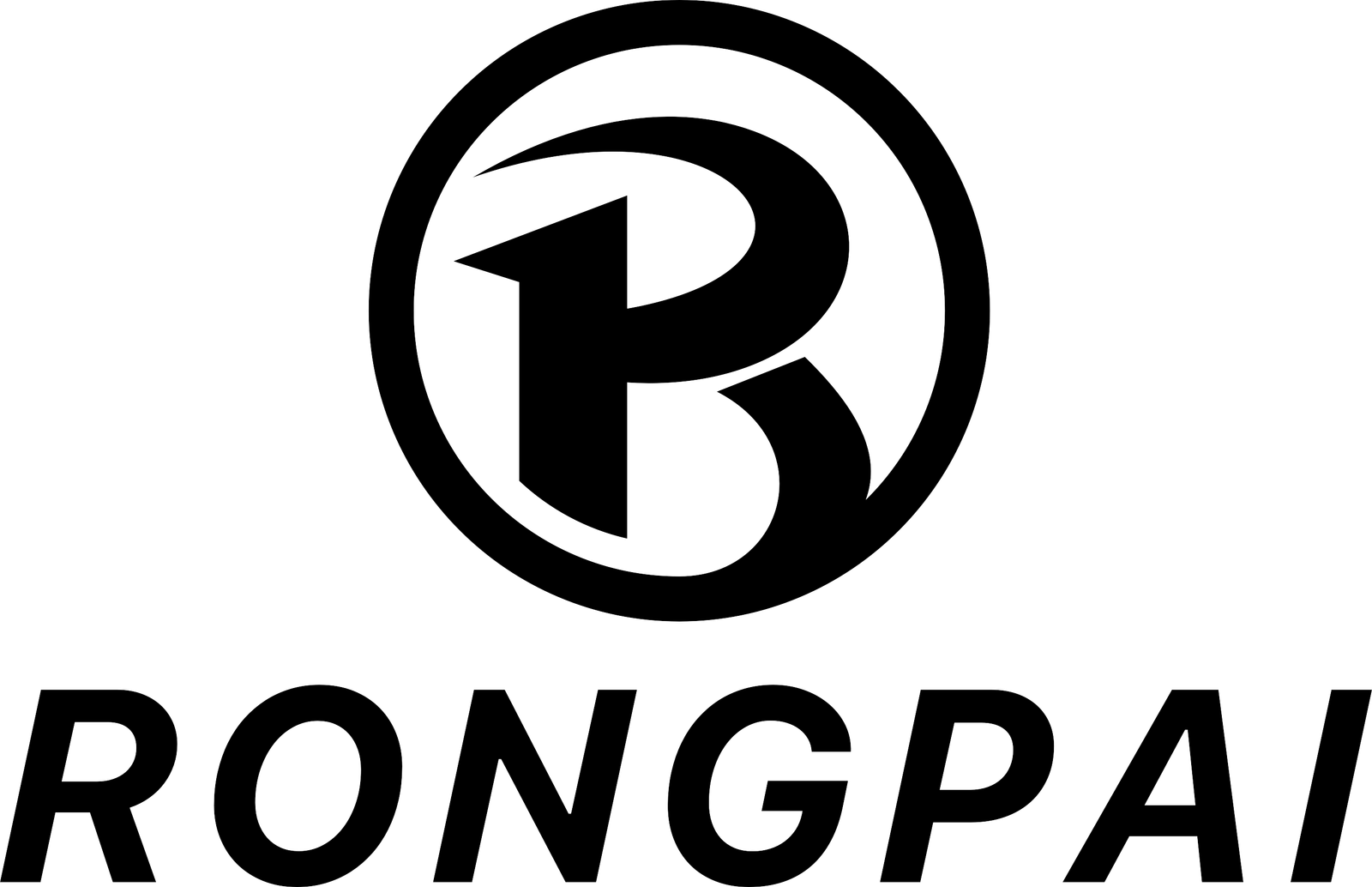Underpads
Can't Find The Underpad You Need?
Please provide the size, absorbency, pattern of the underpad you want to process. With this information, we'll quickly respond with detailed solutions and quotes. Act Now!
A Comprehensive Guide When Purchasing Underpad
What is an Underpad?
An underpad, also known as a bed pad, incontinence pad, or chux pad, is a highly absorbent product designed to protect surfaces like beds, chairs, and mattresses from fluids such as urine, sweat, or blood.
Key Benefits:
- Prevents leakage, maintaining a clean and dry environment.
- Protects bedding, mattresses, and furniture.
- Provides comfort and hygiene for patients or individuals with incontinence.
- Ideal for medical and home care settings.

What Are the Standard Sizes and Specifications of Underpads?
What Types of Underpads Are Available in the Market?
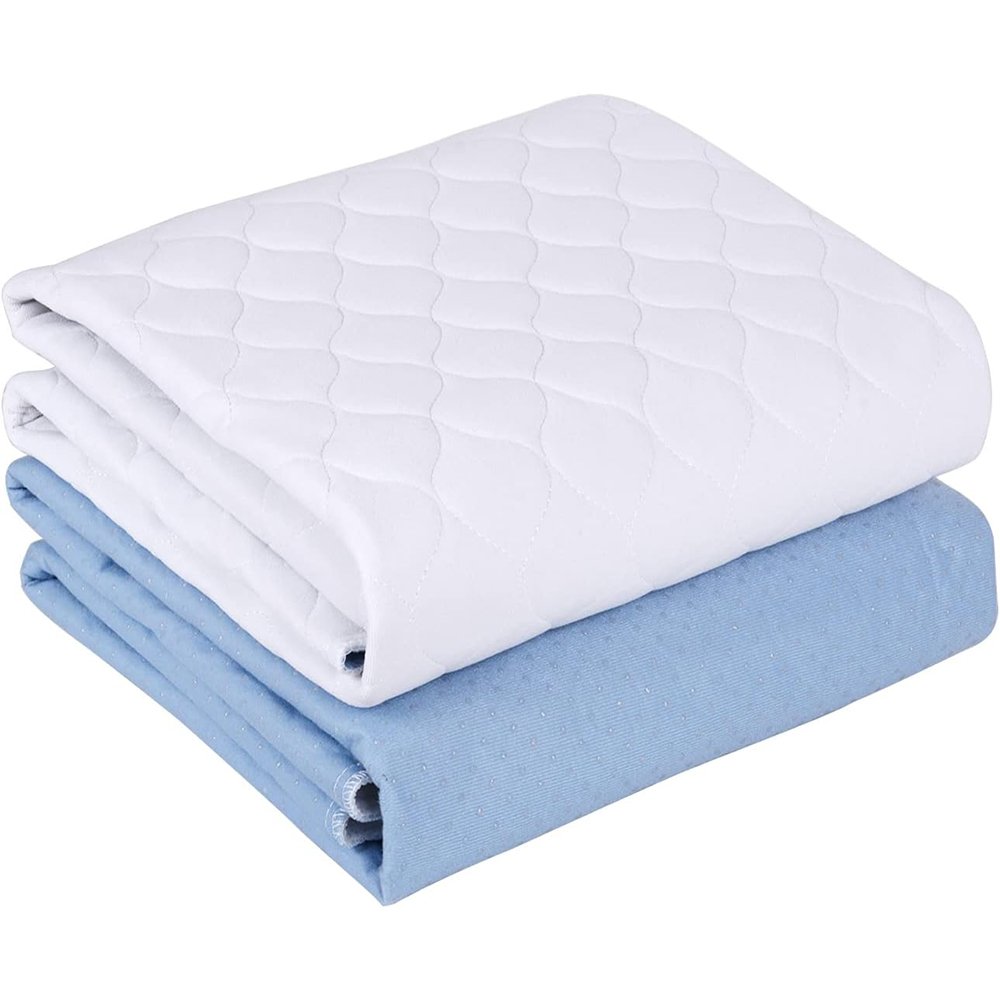
Reusable Underpads
Made from durable, washable materials, these pads can be used multiple times. Reusable underpads are designed for eco-conscious customers who want a sustainable and cost-effective solution for managing incontinence or protecting beds and furniture in the long term.

Disposable Underpads
These are single-use, highly convenient, and hygienic, ideal for healthcare settings or short-term usage. They are great for hospitals, nursing homes, or homes where mobility-limited individuals require constant care. Disposable pads are also common in pet care as training pads or pet incontinence pads.
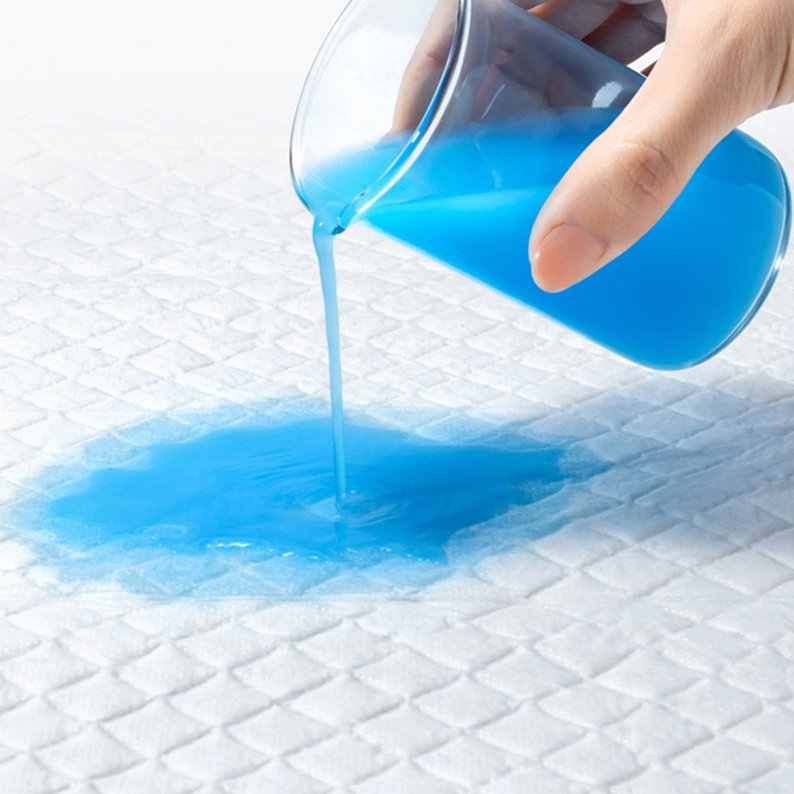
Heavy Absorbency Underpads
These are designed for severe incontinence or medical procedures that require maximum fluid retention. They are often used in hospitals or nursing homes where individuals may have high fluid output. The heavy absorbency ensures that the moisture is rapidly locked away, preventing any leaks.

Light Absorbency Underpads
Ideal for light incontinence or as post-surgical pads, these provide quick moisture absorption while remaining discreet and comfortable. They are typically used for short-term needs or when there is minimal fluid output.
What Are the Materials Used in Underpads?

Top Layer
The surface layer is made from a soft, non-woven fabric that is gentle against the skin. This fabric is breathable, reducing the risk of skin irritation, and provides a dry feeling by allowing moisture to pass through to the absorbent core.
Absorbent Core
The core usually consists of fluff pulp and super absorbent polymers (SAP). The SAP is a synthetic material that can absorb many times its weight in liquid and quickly locks the moisture in, preventing leaks and odors.

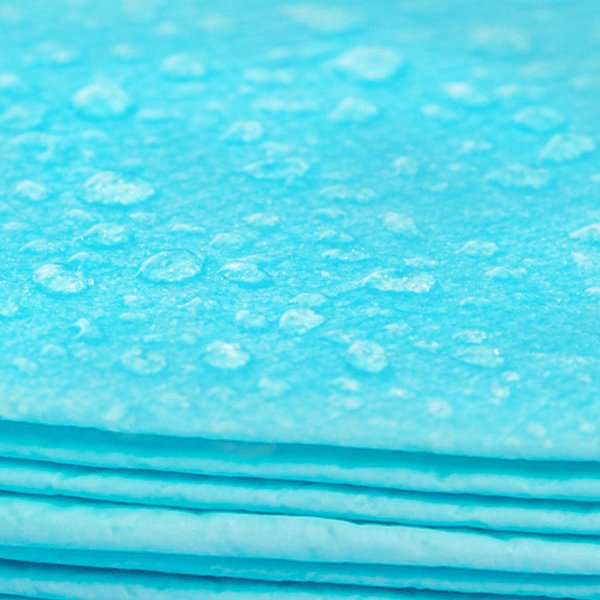
Leak-Proof Backing
To prevent fluid from seeping through and damaging surfaces, the underpad is backed with a polyethylene or polypropylene film, which is leak-proof and ensures long-lasting protection.
Optional Features
Some underpads also feature adhesive strips to keep the pad securely in place, ensuring it doesn’t shift during use.
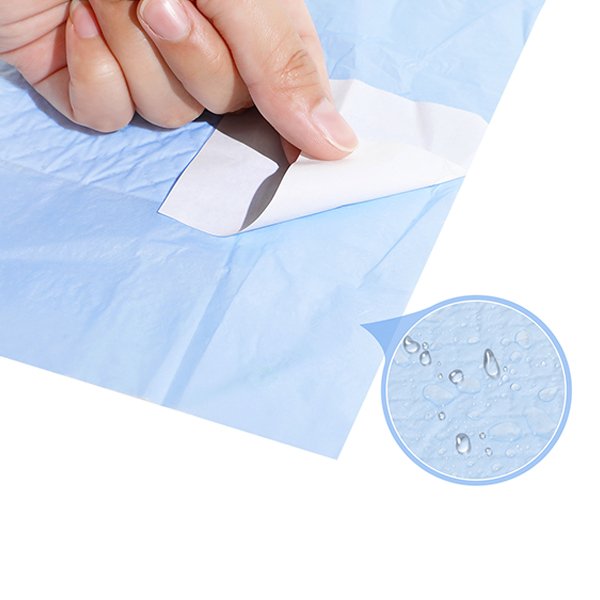
Are There Different Absorbency Levels?
Light Absorbency
Absorbency 100ml-300ml. Suitable for minor leaks or for post-surgical care. These underpads are typically thinner, providing moderate protection while still offering comfort and discretion.
Medium Absorbency
Absorbency 500ml-800ml. Ideal for moderate incontinence. This absorbency level is common for use in hospitals or care homes, where protection is needed for several hours.
Heavy Absorbency
Absorbency 1000ml-2000ml. Designed for severe incontinence or long-term use, heavy absorbency pads ensure that large quantities of fluid are absorbed quickly without leaking. These are common in medical facilities, nursing homes, or for elderly individuals with high fluid output.
Who Are the Target Customers for Underpads?

Healthcare Providers
Hospitals, nursing homes, clinics, and rehabilitation centers use underpads to protect beds, chairs, and medical equipment from incontinence.

Home Care Providers
Families or caregivers who manage individuals with incontinence, post-surgical care, or elderly care.

Pet Care Providers
Underpads are also commonly used in pet care for training dogs or for pets suffering from incontinence. They are also used by pet owners as pet training pads.

Wholesalers & Retailers
Businesses that need to source high-quality underpads for resale, whether in healthcare, home care, or pet care industries.
How to Choose the Right Underpad for Your Needs?
Choosing the right underpad is crucial for ensuring comfort, preventing leaks, and meeting specific care needs. With a variety of options available, it’s important to select the one that fits your situation perfectly. Below are the key factors to consider when selecting the right underpad
1-Identify the Purpose and Target Audience
Before purchasing, it’s important to first understand the intended use and the target audience for the underpad. Different needs require different types of underpads:
Elderly & Incontinence Care: Choose high-absorbency underpads that are soft on the skin and offer long-lasting leak protection.
Post-Surgical Care: Opt for medical-grade underpads that offer quick absorption and antimicrobial properties, suitable for wound care.
Pet Care: For pets, look for pads with excellent absorbency and odor control to ensure comfort and hygiene.
Home Use or Baby Training: For light use like baby training or daily home use, go for products with moderate absorbency and easy cleanup.
2 - Absorbency (Absorption Capacity)
Absorbency is one of the most critical factors when selecting an underpad, especially for extended use. The higher the absorbency, the longer the underpad will keep dry.
3 - Size and Specifications
Select an underpad that matches the area you need to cover.
4 - Comfort and Breathability
Comfort is crucial for long-term use, particularly for individuals who are bedridden or elderly. The upper layer of the underpad is typically made of non-woven fabric, which is soft and comfortable while allowing air circulation to prevent skin irritation.
5 - Leak Protection Design
It’s essential to choose underpads with an effective leak-proof design to protect mattresses, furniture, and other surfaces from liquid spills. Most underpads come with a leak-proof backing (like PE or PVC) to prevent fluids from soaking through.
6 - Antimicrobial and Odor Control Features
Selecting underpads with antimicrobial and odor control properties can help prevent bacterial growth and keep the area fresh. This is especially important in medical or long-term care settings.
7 - Eco-Friendliness and Sustainability
For environmentally conscious buyers, there are biodegradable or reusable underpads that are a more sustainable option.
8 - Price and Value for Money
Underpads come at various price points, so it’s important to choose one that provides good value for money. Sometimes, buying in bulk or larger packaging can offer better cost savings.
